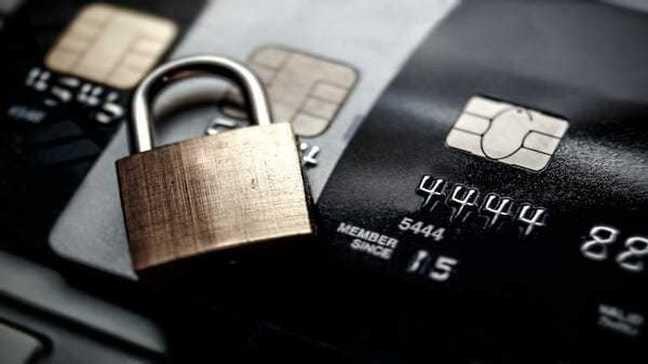Great Choices for the Perfect Website Safety


It is essential to secure your website, which will allow you to reassure your audience and protect yourself from possible attacks. Here we give you the main keys to protect you from computer hackers. You can visit to https://toto-ks.com/ for a perfect solution.
Secure the content of your website
We are never safe from a malicious third party who would duplicate content by reusing our content in any way in order to penalize us on Google and steal what we have created.
Therefore, it is essential to file a copyright and check regularly, through a tracking tool such as Cityscape, if your content has not been plagiarized. To protect your photos, get a license through Creative Commons and add a watermark to the image (logo / transparent signature that blends into the photo).
Get an SSL certificate for your e-commerce site
Any site that includes financial transactions MUST have an SSL certificate that encrypts the sensitive data exchanged. To do this, you will find via most web hosts different SSL certificates in a range of prices, depending on the security requirements for the site.
- Once you have your SSL certificate, your e-commerce site will be secure thanks to the “HTTPS” protocol and the symbol of a small padlock will appear in the URL bar.
In addition, you can insert the symbol of the SSL certificate on your page, a real guarantee of trust for your customers. For more information on how SSL encryption works, 1 & 1 has developed an article that explains step by step how to move a website to SSL to reduce theft of data. You will also find in the new 1 & 1 digital guide other tips for securing your site.
Stay alert – trust only yourself
Most hackers succeed thanks to a simple lack of vigilance. There are a number of manipulations to be performed manually and regularly that can avoid any flaw, real blessed bread for hackers. Here is a simple routine to perform (without falling into paranoia), but that will protect you from a lot of damage:
Do your updates and backups regularly to avoid system crashes.
Opt for a complex password that you will change regularly and that will have no relationship with you.
Never leave your session open when you’re not in front of your screen because anyone, a malicious colleague for example, could use it without your knowledge.
Never give your personal information such as password and credentials to a third party, whether by email or phone, even if this person claims to belong to a trusted company. This is an outright attempt at phishing.
- Never click on suspicious links as well as on attachments with weird extensions like .pif, .exe, .bat, etc., even if those seem to come from your provider.
- If you own a WordPress site, avoid questionable plugins that are generally unreliable.
- Enable antivirus, scanners and firewalls as well as security plugins.
What to do as a last resort?
Cybercrime is condemned by law. If your site is a victim and the attack harms you, it is essential to file a complaint and denounce these actions to the gendarmerie closest to you or send an email to the OCLCTIC (Central Office of fight against information and communication crime) in order to win the case.










